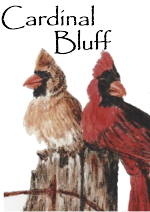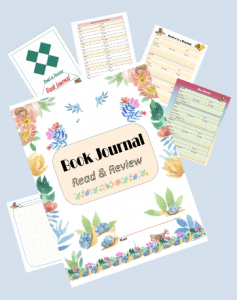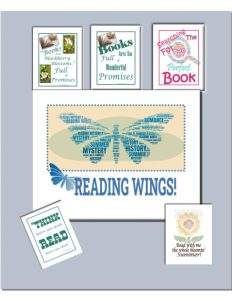Warning - Don't Call Me Jupiter is NOT Flinch-Free
Not FLINCH-FREE. Language, addiction, abuse.The review IS flinch-free for the most part, but the books are not. I’m reviewing because I found redeeming value in a family’s story.
A Gripping, Generational Journey: The Bross Family in Don’t Call Me Jupiter Trilogy
Growing Up in the Storm - Lightning: Introducing the Family
Tom Bross’s Don’t Call Me Jupiter trilogy is a bold, immersive, and deeply emotional exploration of one family’s tangled web of love, pain, survival, and resilience. Across Tightrope, Lightning Crashes, and Wheel in the Sky, we follow the Bross siblings as they navigate a turbulent childhood and grow into complicated, determined adults. This isn’t a sugarcoated story—this is a raw and honest portrayal of what it means to come of age during the social upheaval of the 1960s and beyond, shaped by parents who were often absent in all the ways that mattered most.
From the beginning, we have a close-up view of Tom Bross and his siblings as they try to make sense of a world where parental love is unreliable, and emotional safety is rarely a given. In Lightning, we’re introduced to Tom’s sisters Chris, Molly and Shelley, plus little brother, Alex —each trying to survive their own internal storms. The emotional whiplash is real as readers experience the siblings’ pain, strength, and unique personalities. This isn’t a nostalgic look back at a golden era—it’s a sobering glimpse into the fallout of careless parenting, addiction, and the long shadows they cast.
Lightning Crashes: Facing the Falloutoes Here
In Lightning Crashes, the tale doesn’t let up. In fact, the tension grows as the family confronts the impact of trauma head-on. There’s emotional damage, yes—but also a surprising amount of clarity and evolution. The siblings start to forge individual paths, some better than others. Chris continues to be the bright spot in the family. She makes a great effort to be a good mother.Then, she’s gone. Domestic violence or body damage from addiction? We can’t be sure. All that is certain, a major piece of the family foundation has CRASHED. Tom tries to stay grounded amid the chaos, quietly becoming a central anchor for his fractured family. You can feel the heartbreak under the surface, but also the fierce will to do better.
Wheel in the Sky: Finding a New Path
Then comes Wheel in the Sky, the final chapter in this powerful trilogy, and it’s here that the author truly brings the long arc of these lives full circle. After Chris’s tragic death, Tom steps into a role that few could manage with such grace—finding a safe, loving adoptive home for her two young sons. He makes a choice that isn’t easy, but it’s made with love and courage. Even more touching, the biological and adoptive families remain in contact, giving the boys a connection to both their roots and their future. This is where Bross’s writing shines—in the quiet, human moments where love and sacrifice intersect.
Tom’s bond with the boys, and his memories of Chris, are woven with emotional texture. The spiritual presence of hummingbirds throughout Wheel in the Sky offers a gentle, symbolic thread of connection to his sister, a reminder that some love never truly disappears. It’s these kinds of moments—subtle, sacred, and emotionally resonant—that elevate the story from a family drama to something far more enduring.
And what about the adults? They don’t all get redemption arcs, and that feels real. Mare, the Bross matriarch, struggles with control and ultimately goes “No Contact” with Tom for several years. Their father, Tom Sr., remains oddly disengaged throughout the trilogy. As a parent myself, I found these portrayals frustrating but believable. Parenting is messy, and for many of us, it’s entirely “on the job” training. That said, it was difficult to watch Mare and Tom Sr. cause so much damage with their emotional detachment. Yet, the children’s adult characters indicate that some parenting things must have been done in the beginning to firm up a foundation for these children.
Love and Remembrance - Final Thoughts
This is not a story of total loss. In fact, the trilogy is incredibly hopeful. The Bross siblings, especially Tom, show remarkable emotional resilience. Despite the past, they choose connection over division, healing over hiding. They don’t do everything right—how could they?—but they try. And often, they succeed.
As a reader of a certain age, I found myself reflecting on the parallels between my own parenting journey and the struggles depicted in these pages. Some of the experiences these characters lived through I’m glad to have missed. But their strength and humanity are undeniable, and I closed the final book feeling both hopeful and grateful.
If you’ve started this series, I highly recommend finishing it. The emotional payoff is worth it. The Bross family is a cast of characters that are as real and flawed and beautiful as anyone you know. The Bross family may not be perfect, but they are unforgettable—and they SHOULD remind you to look for the hummingbirds in your own life.



